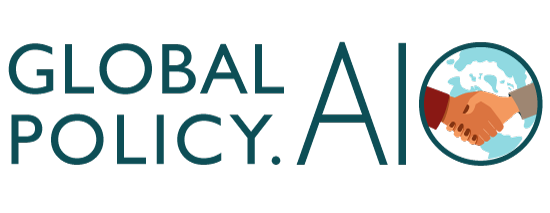
The World Bank Group (WBG)
Tools for Identifying the Human Rights Impact and Algorithmic Accountability of Artificial Intelligence in World Bank Operations
Initiated in 2022, this ongoing project is focused on
developing the tools and guidance needed to support operational teams with ensuring the projects the World Bank is financing adequately address AI-related risks, building on the rights-based framework for data enablers and safeguards established in the 2021 World Development Report – Data for Better Lives. The tools being developed are intended to help (i) identify when AI elements associated with financed projects might impact human rights, and (ii) apply appropriate and proportionate rights-ensuring “algorithmic accountability” elements in such operations. This project
aims to build bridges between the theoretical aspects of human rights and
the practical implications of AI and emerging technologies as they related to development initiatives across sectors such as health and social protection systems. While aimed at raising awareness across World Bank staff to enable trustworthy and accountable use of AI in connection with achieving the World Bank’s goals of ensuring sustainable, resilient and inclusive development, the initiative also hopes to inform and inspire other development partners, organizations and stakeholders.
This project is supported by the Human Rights, Inclusion and Empowerment Trust Fund – a muti-donor trust fund administered by The World Bank that aims to increase and strengthen the understanding and application of human rights principles across the World Bank Group’s work. More information about the trust fund’s mission is available here: https://www.worldbank.org/en/programs/humanrights.
Harnessing Artificial Intelligence for Development on the Post-COVID-19 Era: A Review of National AI Strategies and Policies
In 2021, The World Bank published a report titled Harnessing
Artificial Intelligence for Development in the Post-COVID-19 Era: A Review of
National AI Strategies and Policies. The primary objective of this report is to develop a better understanding of different government approaches to facilitating AI by presenting findings from a review of national AI strategies. The article explores approaches to AI across 11 countries at different stages of digital maturity and economic development, mapping initiatives to different policy domain areas and identifying the tools and instruments that have been proposed to implement AI strategies.
